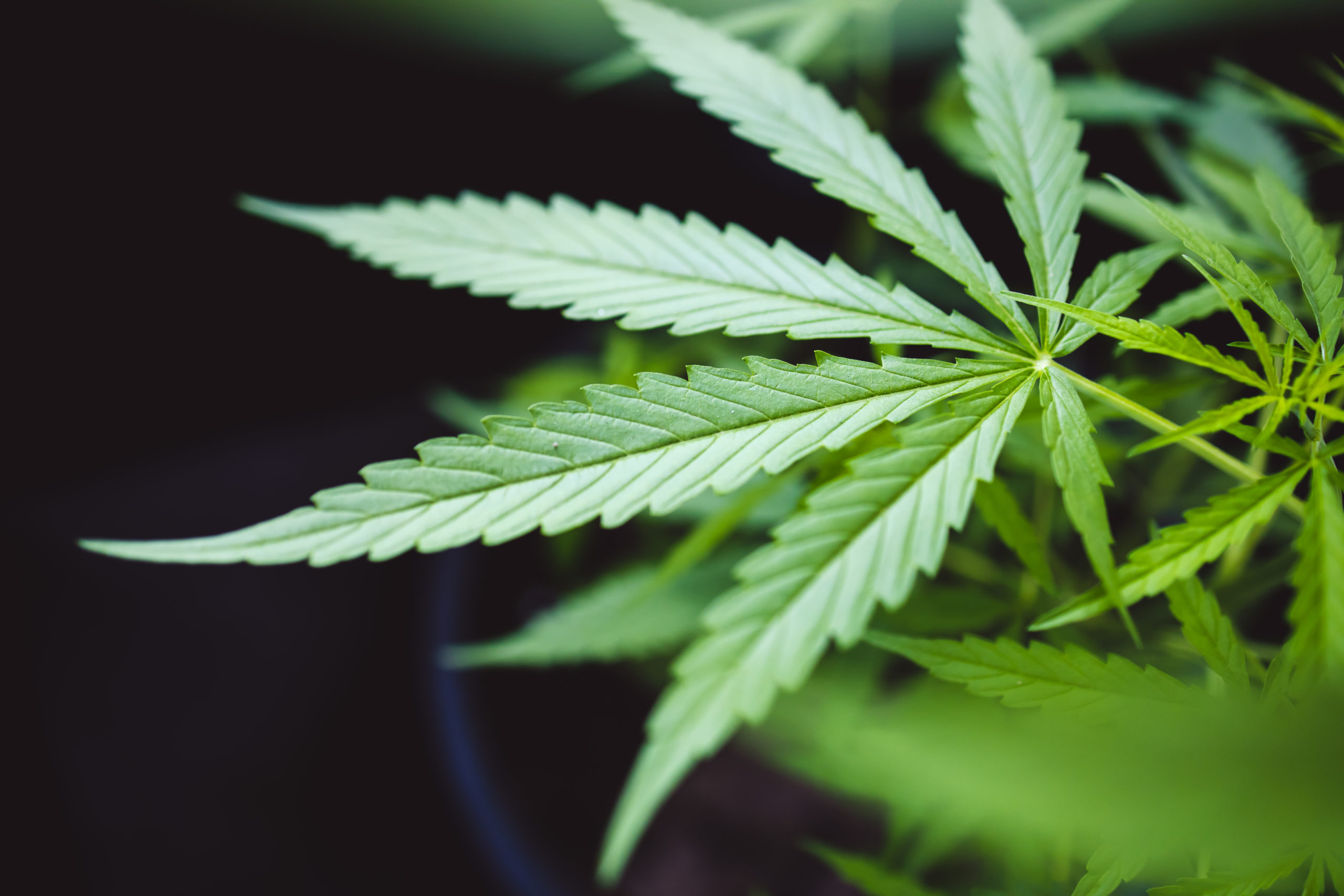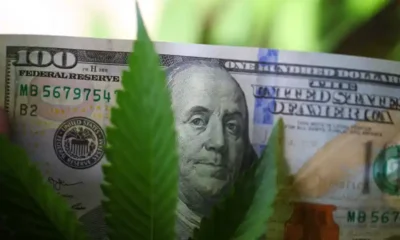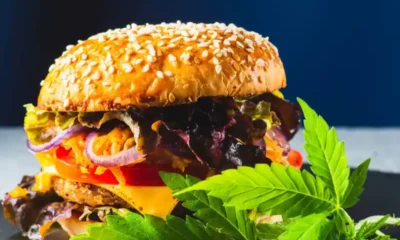Connect with us
Published
2 years agoon

Anxiety and depression are common in today’s world, and alongside the pursuit of alternative medication in regard to physical health, many have turned to cannabis to help combat their own depression. While there has historically been a lack of definitive evidence for cannabis as an antidepressant, one recent study may help to add weight to cannabis as a treatment for depression.
A study published in the journal Frontiers in Psychiatry looked closer at cannabis as a treatment for depression, ultimately revealing that cannabis users tend to display less severe symptoms than non-users.
The authors start by recognizing, despite the lack of solid data that points to cannabis as a treatment for depression, that there is an increasing number of patients turning to cannabis after they have failed to respond to conventional antidepressants.
Researchers aimed to determine whether or not patients saw improvements in depression from cannabis use, so they recruited 538 participants who suffered from anxiety, depression or both. Of the participants, 368 were already using medical cannabis for symptom management, and the remaining 170 said they considered doing so but had not yet begun self-treating with cannabis.
Participants were first asked to complete an online survey that attempted to measure the levels of the individual’s depression and anxiety, quality of life, chronic pain and sleep issues.
The initial results showed medical cannabis users had less severe depressive symptoms than non-users, and the cannabis-using participants also benefited from greater quality of life, better sleep and less pain overall. The researchers noted this was especially true with participants who used cannabidiol (CBD); products dominated by tetrahydrocannabinol (THC) were not associated with improvements in participants’ depression.
The authors explicitly state that, in the study, THC-dominant products were not effective to reduce depression symptoms, adding, “??In contrast, participants that reported use of CBD-dominant products provided significantly lower depression scores relative to those that did not.”
The researchers also noted that there was no relationship between medical cannabis use and changes in anxiety levels.
After the initial assessment, participants were invited to complete follow-up assessments, every three months throughout the following four years, which would allow researchers to track participant progress. This period also opened the door to new findings, as some of the participants who were initially non-users began to use medical cannabis, which researchers noted led to a noticeable improvement in their symptoms.
“We found that initiation of medicinal cannabis use was associated with a significant reduction in depressive symptoms, sustained use was associated with a modest reduction and participants that did not use cannabis at all showed no difference in symptom expression between baseline and follow-up,” the researchers said.
They add that combining the cross-sectional and longitudinal findings show a consistent antidepressant effect of medical cannabis.
“Medicinal cannabis use may reduce anxiety and depressive symptoms in clinically anxious and depressed populations,” the authors conclude.
Their use of the word “may” is essential—Though the correlation is clear from this study, the authors themselves note that the study is limited. For one, it’s a small study, and it’s observational, relying on self-reported questionnaires to gather data, which ultimately makes it challenging to determine a causal relationship between cannabis and reduction in depression.
The study surely opens the door for future research, however. The authors point to the antidepressant effects of CBD explored in this study and say this, along with THC, should be explored in the future.
They end the study by inviting further research to replicate the findings, preferably with a placebo control and other measures to properly determine the route of administration, dose and product formulation, which would better optimize the potential antidepressant outcomes of cannabis moving forward.


You Don’t Understand the Difference Between Decriminalizing and Legalizing, Do You?


North Dakota Committee Files Ballot Measure To Legalize Adult-Use Cannabis


California County Mulls Reduction To Cannabis Cultivation Tax


Cheech and Chong Become Newest Operators in Call of Duty


Manage Your Munchies: This Year’s Top 420 Meal Deals


New York Cannabis Control Board Approves 101 New Adult-Use Licenses
